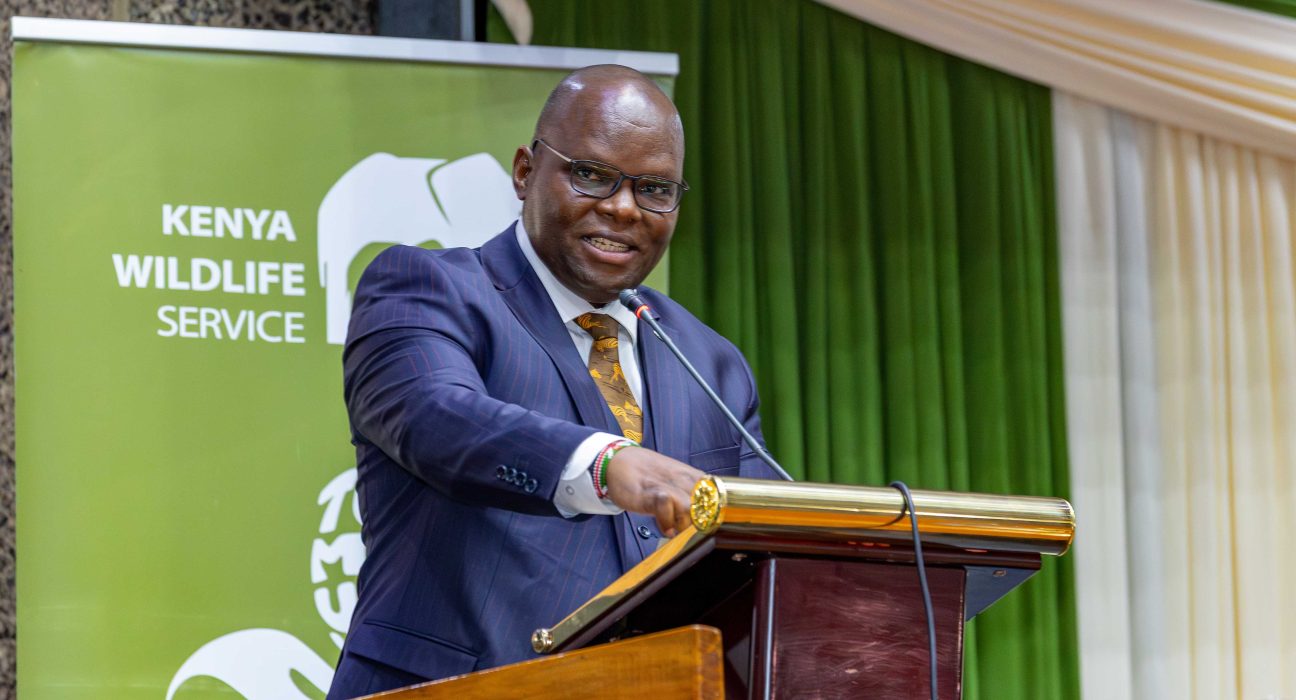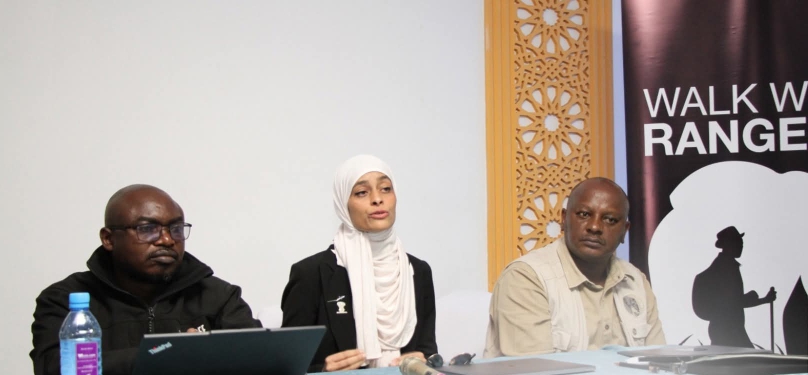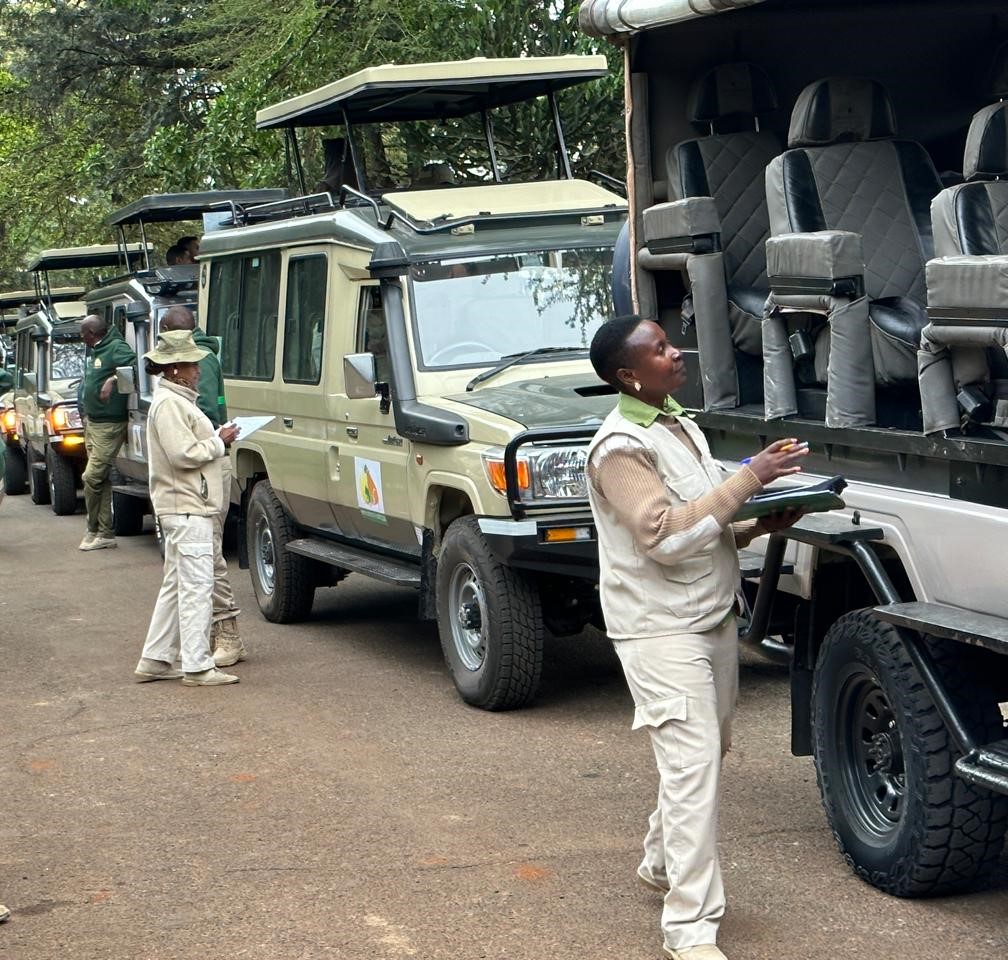By Eddah Waithaka
The Kenya Wildlife Service (KWS) presented a revised set of park fee regulations to tourism stakeholders on Tuesday, introducing a host of new measures aimed at boosting visitor numbers, supporting local communities, and enhancing conservation efforts.
Director General Prof. Erustus Kanga unveiled the second draft of the Wildlife Conservation and Management (Access and Conservation Fees) Regulations, 2025, at a validation forum held at the Kenyatta International Convention Centre (KICC).
The new draft incorporates feedback from recent public participation forums held across 20 counties.“We carefully considered the key issues raised by stakeholders,” Prof. Kanga told attendees.
“We are determined to ensure that these regulations are developed, adopted, and implemented through an inclusive process.”
The revised regulations introduce several significant changes designed to diversify Kenya’s tourism offerings and improve accessibility.
Free Entry for Enablers and Special Groups
Licensed tour guides, boat crew, and porters will now receive free entry, alongside children under five, seniors over 70, and persons with disabilities.
Reduced Marine Park Fees
The KWS has scrapped the two-tier system for Marine Parks, establishing a single, lower non-resident entry fee of USD 25, down from the initially proposed USD 40.
New Regional Category
A new “Rest of Africa” category will offer substantially reduced rates for visitors from African nations outside the East African Community.
Discounted Park Packages
The draft introduces new bundled options, including a single Tsavo West–Tsavo East–Amboseli circuit ticket and a combined pass for Nairobi National Park, the Safari Walk, and the Animal Orphanage.
Community Benefits
Adjacent communities will gain exclusive rights to operate bicycle hire services within parks, creating a new livelihood source. The regulations also formally ban motorcycles over noise and security concerns.
Conference Incentives
To boost business tourism, groups attending conferences will receive a 30% discount on standard park entry fees.
Prof. Kanga emphasized that the proposed changes focus on value, not just price. “The revenue generated from these regulations will be directly reinvested to enhance visitor experience,” he stated.
The funds are critical for closing a Ksh 12 billion annual funding gap that has hampered KWS’s ability to protect wildlife and upgrade park infrastructure.
The stakeholder forum will now submit the second draft to the Parliamentary Committee on Delegated Legislation for final consideration and approval. This review marks the first update to Kenya’s park fee structure in 18 years.







